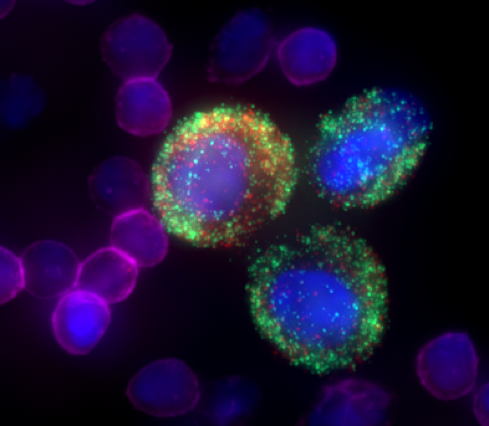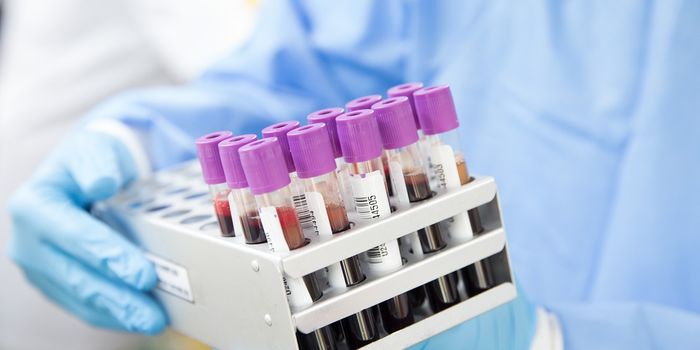Researchers identify a protein marker that induces dormancy in metastatic breast cancer
Researchers at the Mount Sinai hospital identified for the first time, a protein marker that could indicate whether breast cancer will further metastasize or remain in a dormant state, according to a clinical study published in Breast Cancer Research this month.
Breast cancer patients can relapse and die from the disease years after their primary treatment, which indicated that some of the tumor cells, called disseminated tumor cells (DTCs), remain in a dormant state with no or slow proliferation, with the ability to progress and proliferate later. However, studies also showed that 60% of DTC-positive patients did not relapse. Therefore, there was a need for more studies to understand the biology behind this dormancy behavior.
This new research showed that when DTCs metastasize from their original tumor into the patients bone marrow, with no or a small amount of the protein receptor NR2F1, the patient relapse and soon dies. Patients who had a higher concentration of NR2F1 in their DTCs did not develop metastasis and survived longer. The higher concentration of NR2F1 induced the dormancy state, deactivating cancer cells and preventing metastasis.
These findings suggest that NR2F1 concentration can be used as an indicator of whether there is a possibility for tumor metastasis requiring additional treatments, or if the cancer cells will remain dormant which will save the patient from unnecessary treatments.
This research was a collaboration between Mount Sinai researchers and physicians in Oslo, Norway, where bone marrow tests called aspirates, which are not used in the US, are used to monitor patients.
“Improved techniques to assess the population of patients with residual disease and their dormant or reactivating state will be key to identifying the risk of future metastasis despite undergoing standard treatment. This opens the way for testing new treatments that prevent metastasis by inducing dormancy or eradicating the dormant disseminated cancer cells that have not yet initiated metastatic growth,” said lead researcher, Julio Aguirre-Ghiso, PhD, Director of Solid Tumor and Metastasis Research, Director of Head and Neck Cancer Basic Research, and Professor of Oncological Sciences, Otolaryngology, and Medicine (Hematology and Medical Oncology) at The Tisch Cancer Institute at the Icahn School of Medicine at Mount Sinai.
Earlier studies showed that higher concentrations of NR2F1 are induced in response to androgen deprivation treatment, an anti-hormone treatment used in prostate cancer, and The Tisch Cancer Institute at the Icahn School of Medicine at Mount Sinai will soon start a new clinical study testing the ability of two drugs to induce dormancy through upregulation of NR2F1 in prostate cancer patients.
Source: Sciencedaily via Mount Sinai









